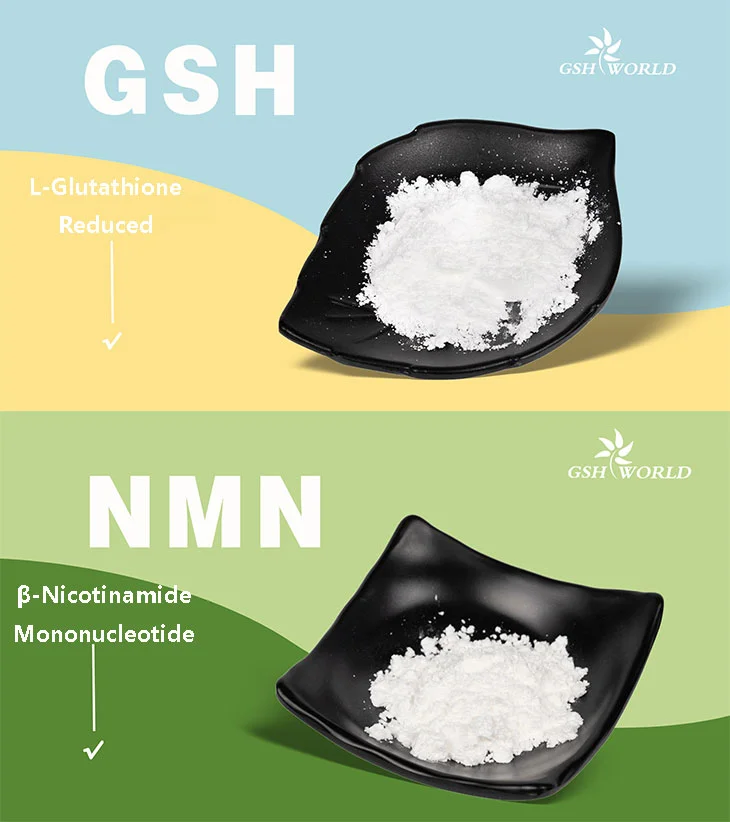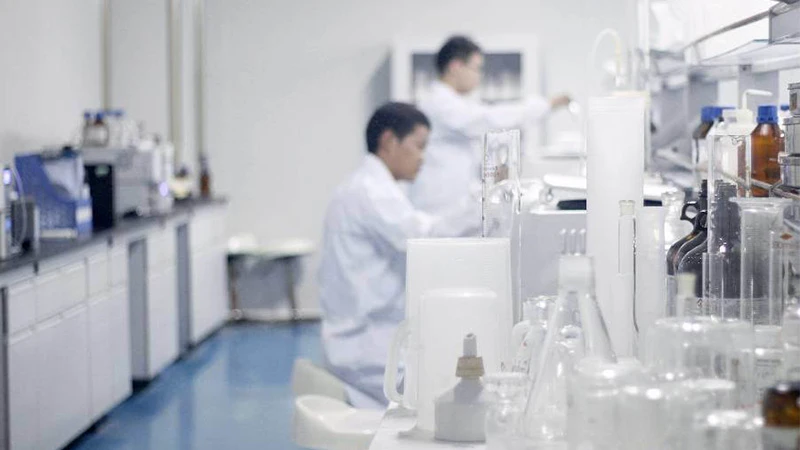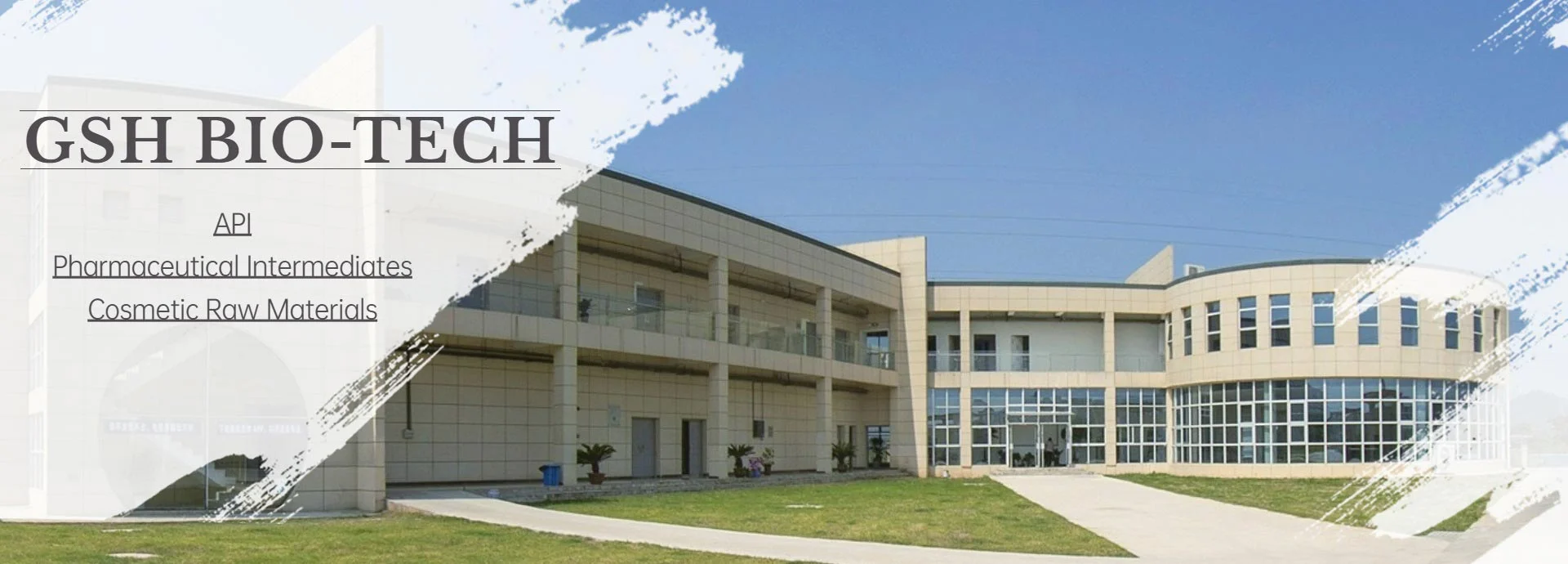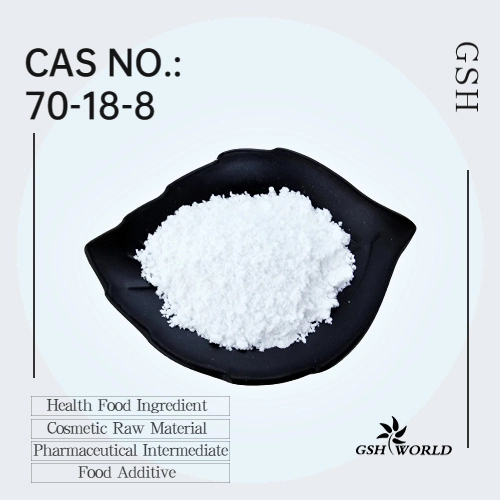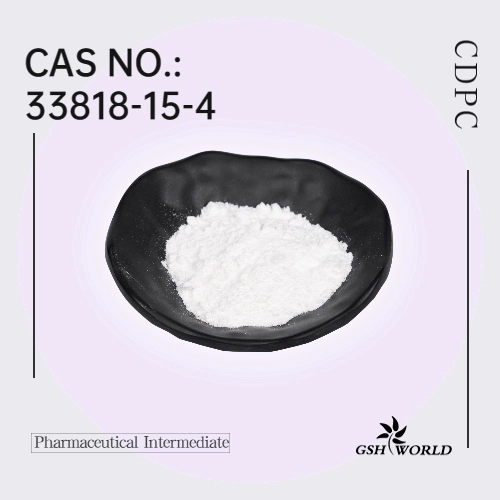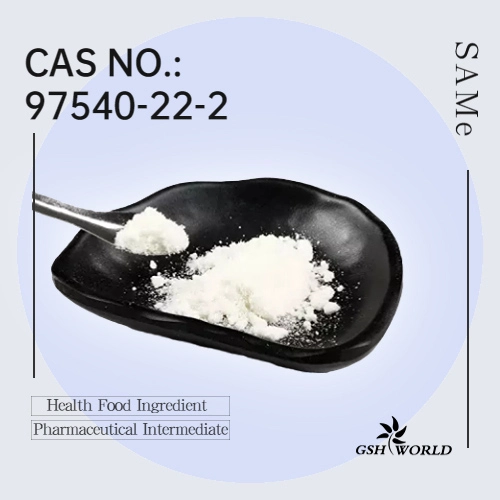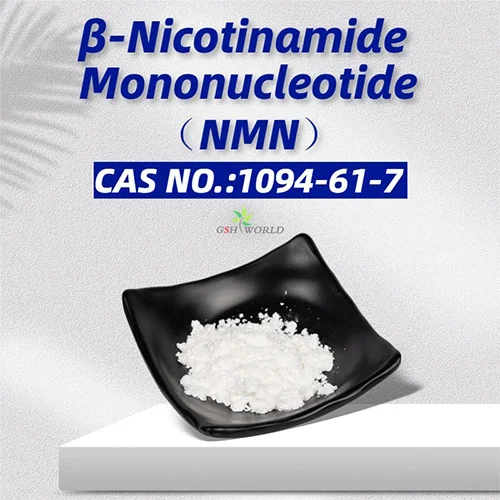Important physiological functions of glutathione
Glutathione is a tripeptide composed of glutamic acid, cysteine and glycine, which can be synthesized by all organs. Glutathione has three products: reduced glutathione, oxidized glutathione and acetyl glutathione.
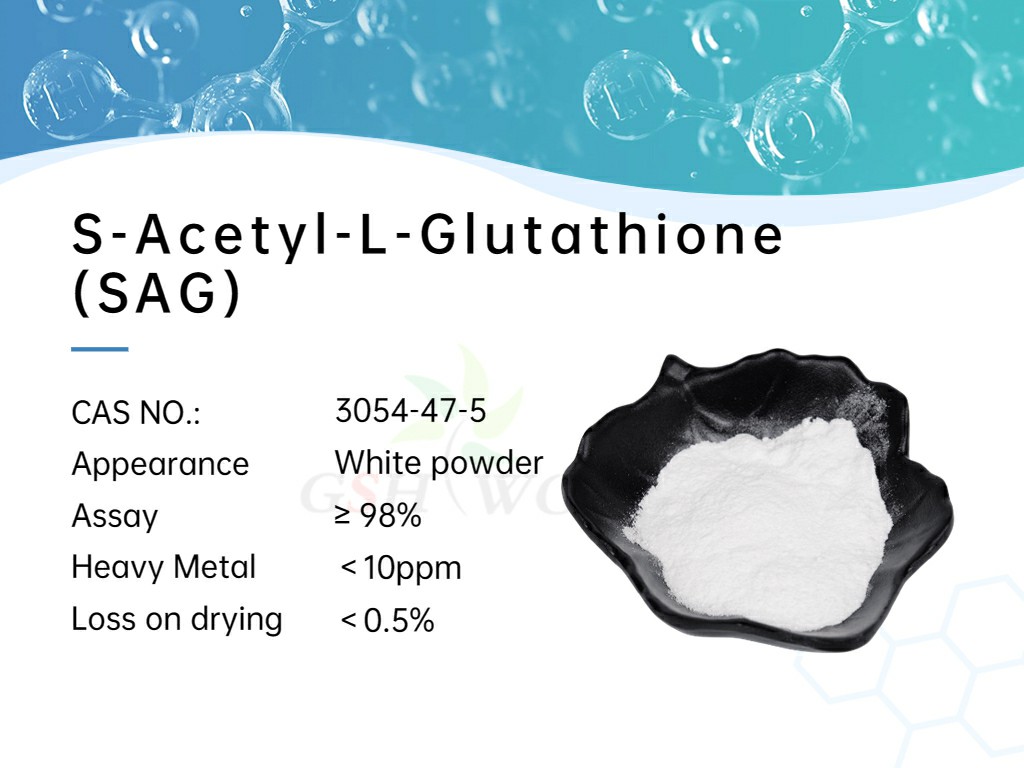
As a coenzyme of specific enzymes, glutathione has functions such as scavenging free radicals, modifying proteins, protecting proteins and enzymes containing sulfhydryl groups in cell membranes from oxidation, catalyst for disulfide bond exchange reactions, and signal transduction. These characteristics determine that it plays important physiological roles in organisms, such as resisting oxidative stress, detoxifying and detoxifying, eliminating inflammation, resisting radiation damage, participating in the transport and absorption of amino acids, and anti-aging effects, etc.
Important physiological functions of glutathione:
1. Antioxidant function
The antioxidant function of glutathione mainly relies on the enzyme catalytic pathway involved in cellular resistance to reactive oxygen species. Reactive oxygen species are products of normal oxidative metabolism of cells. When the normal redox balance is disrupted, it can cause oxidative stress. Severe oxidative stress can lead to DNA damage and cell death, and the glutathione system is one of the important antioxidant barriers to reactive oxygen species.
2. Detoxification and detoxification
Glutathione not only scavenges ROS, but also has a defensive function against toxic downstream products. In addition, GSH can also help metabolize exogenous toxic substances. Glutathione is a unique substrate of glutathione peroxidase and glutathione S-transferase GST. It is the core of a complex multifaceted detoxification enzyme system. Its detoxification function is mainly through these two Completed by enzymes.
3. Regulate immune response and control inflammation
Glutathione plays an important role in both innate immunity and acquired immunity. It can not only regulate the activity of neutrophils and dendritic cells, but also regulate T cell proliferation and activity. Various inflammatory diseases and immune disorders are related to changes in intracellular levels of glutathione, including rheumatoid arthritis, autoimmune thyroiditis, amyotrophic lateral sclerosis, AIDS, Alzheimer's disease, alcohol Sexual liver disease, cataracts and acute respiratory distress syndrome, etc.
4. Regulate proteins
In addition to providing a reducing environment for cells and maintaining proteins in a reduced state, more and more evidence shows that GSH can also modify proteins and regulate proteins.
*Special note - This article is for informational purposes only and cannot replace a doctor's treatment diagnosis and advice. It should not be regarded as a recommendation or proof of efficacy of the medical products involved. If it involves disease diagnosis, treatment, and rehabilitation, please be sure to go to a professional medical institution to seek professional advice.
by GSHWORLD
GSH Bio Tech is China Biological API Manufacturer. China Glutathione Supplements powder suppliers & best Glutathione benefits raw material Factory.


